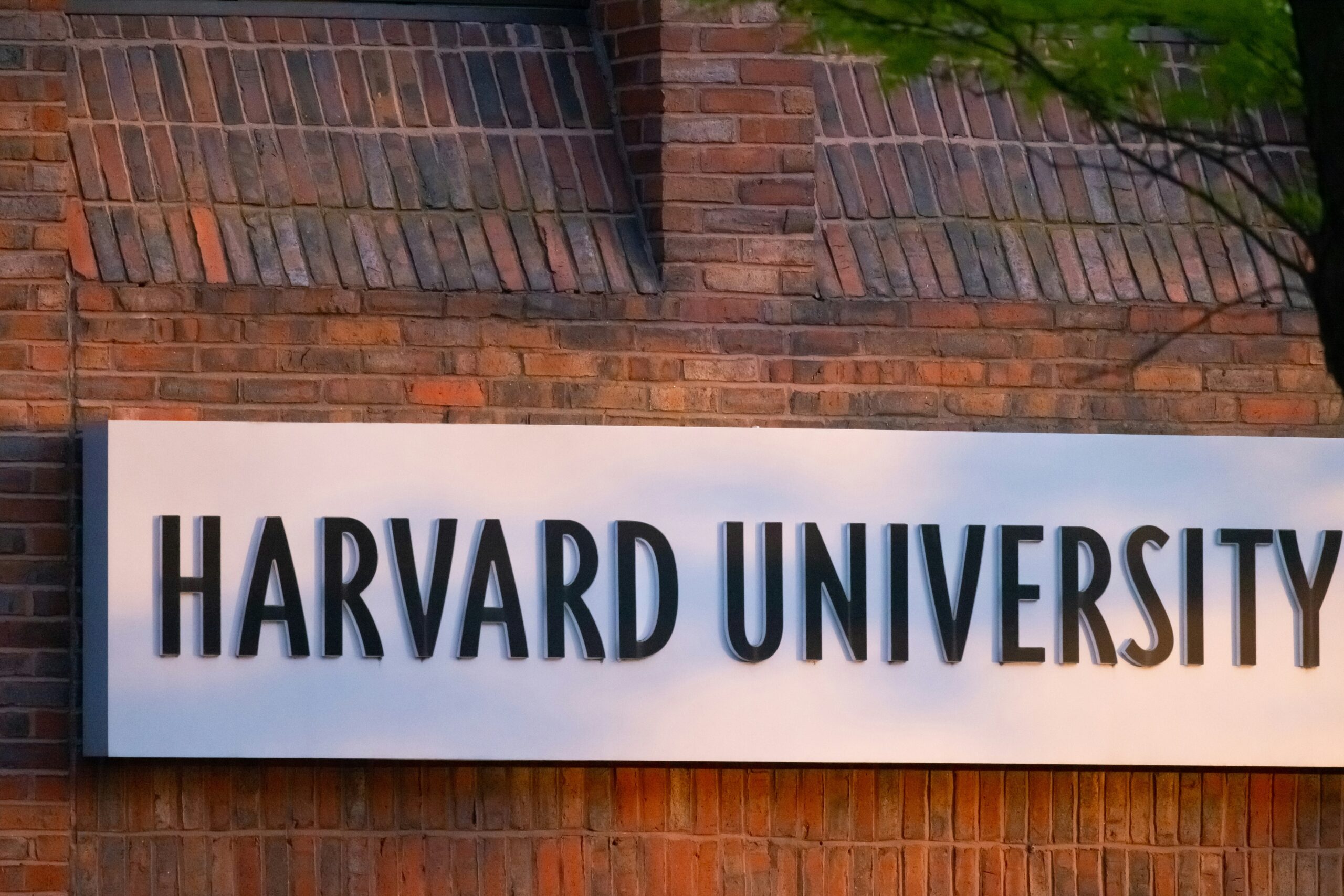In a bold move that signals a significant shift in the federal approach to higher education, House Republicans are proposing new tax brackets targeting massive university endowments, a measure that would dramatically increase the financial liability of elite institutions like Harvard, Yale, and Stanford.
Under the proposal, endowments valued at under $750,000 per student would continue to be taxed at the existing 1.4% rate. But institutions with endowments valued between $750,000 and $1 million per student would face a 10% tax, and those exceeding $1 million per student would be taxed at 20%.
Peter Wood, president of the National Association of Scholars and a longtime critic of higher education’s political drift, joined Chicago’s Morning Answer to endorse the move. “These mega-universities are no longer the friends of our nation,” he said. “They educate students to disdain America, and they use their wealth to promote a globalist, anti-American agenda.”
The proposal represents a dramatic escalation in the ongoing culture war between populist conservatives and elite academic institutions, many of which have faced scrutiny in recent months over anti-Semitic incidents and ideological intolerance. Harvard, in particular, has come under fire following campus unrest and what critics describe as a weak response to anti-Semitism. The university’s own president, Alan Garber, admitted publicly that the school has a problem with bigotry.
Wood noted the irony that these wealthy institutions, often characterized as bastions of progressivism, are now on the receiving end of wealth redistribution policies they typically champion. “You want people to pay their fair share? Let’s start here,” he said.
Alongside the proposed tax increases, the Trump administration is signaling it may withhold federal grant funding from institutions that tolerate ideological extremism and campus chaos. Legal scholars expect court battles if funding is pulled, but Wood believes the courts will ultimately side with the federal government. “Grant funding is a privilege, not a constitutional right,” he emphasized.
Congressional Republicans and the White House are also moving to restart student loan collection efforts, which were paused during the pandemic. Wood described the current $1.6 trillion in unpaid student loans as a “longtime festering problem” and called for both students and universities to share responsibility.
“The universities took the money, provided a service of dubious quality, and now wash their hands of the consequences,” he said. “They should shoulder some of the burden when their graduates default.”
Wood, who came of age before student loans became a generational albatross, said today’s debt levels are unconscionable. “People used to be able to pay off their loans within a few years. Now, it’s not uncommon for graduates to carry $50,000 or even $200,000 in debt — a lifetime sentence.”
He went further, suggesting that the federal government should not be in the student loan business at all. “Government interference made college seem affordable, but it only tricked people into taking on enormous debt,” he said.
The conversation also touched on promising developments in higher education reform. The University of Texas recently announced a $100 million investment in a new School of Civic Leadership focused on constitutional principles and civic education. Similar efforts are underway at the University of North Carolina, Arizona State, and others, where new academic centers are being built to counterbalance the ideological tilt of traditional faculty.
“These are colleges within colleges,” said Wood. “They give students an option to get a real education without ideological indoctrination.”
As for whether these new initiatives were inspired by the recently launched University of Austin — an independent, non-woke liberal arts college — Wood said it’s clear the appetite is growing for serious academic alternatives. “Smart students are realizing they don’t have to settle for indoctrination factories. They have options.”
With public skepticism of higher education at an all-time high, and mounting evidence of taxpayer-funded ideological bias on campus, the proposed endowment tax hike and other financial levers could be the beginning of a broader restructuring of the relationship between elite universities and the federal government.
“The tide is turning,” said Wood. “And it’s long overdue.”





